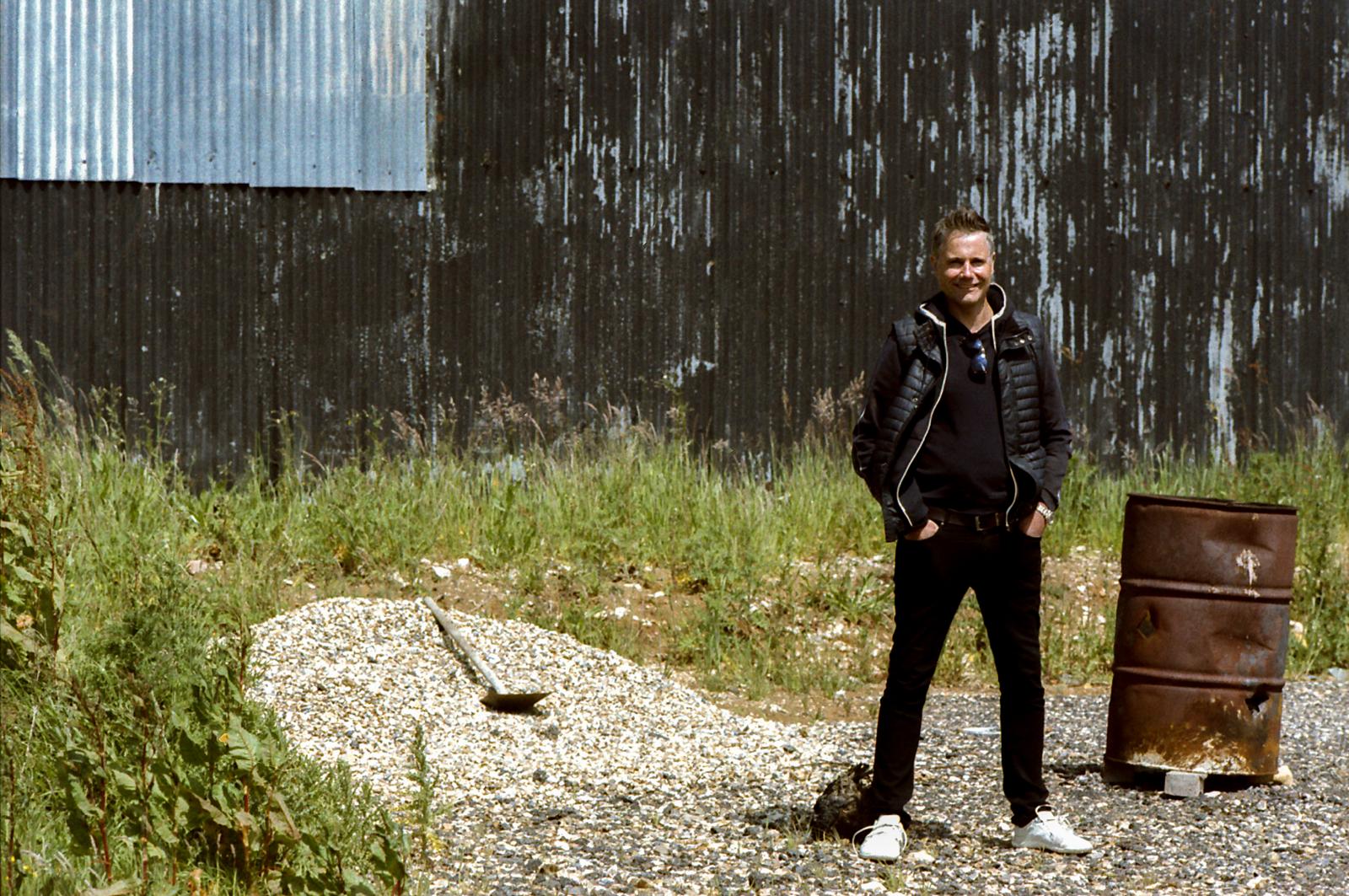translation made by Deepseek (can't assure perfect translation):
Los Angeles — Jake Seal, a U.S. producer and one of the entrepreneurs betting on analog film, has brought new life to an old tradition in the film industry. To achieve this cutting-edge technology, Seal moved from the digital world to the tactile realm of celluloid—a medium you can touch with your hands, one that demands patience and care to avoid mistakes.
A few weeks ago, Seal traveled to Italy to visit the historic Film Ferrania factory, the first plant built in the heart of the Val Bormida technology park in 2007 with the goal of reviving film production. This ambitious project had lost momentum in recent years, surviving only as a niche endeavor. Ferrania’s decline began in 1964 when the iconic film company was acquired by 3M.
Today, operations are housed in a building that once belonged to the old Ferrania facility. The Rebel Lab, dedicated to photographic experimentation, is located here. Seal, deeply passionate about film preservation, hails from Louisiana, where he owns Oniro Studios. Meanwhile, in Ferrania, the factory—though a shadow of its former self—still houses some of the original machinery. Despite its reduced scale, it remains possible to produce film here, thanks to both the equipment and, most importantly, the expertise of former Ferrania employees.
Reviving this legacy are key figures like Marco Poggio and Nicola Baldini. Why Ferrania? Because it’s one of the few places in the world where high-quality film is still made, and because the know-how resides here.
The legendary P30 film once put Cairo and the Val Bormida on the global map through the masterpieces of Italian cinema. Now, that dream is reborn thanks to Jake Seal, the American producer who acquired Film Ferrania to bring analog film back to life.
The new team includes former Ferrania workers, as well as collaborators like John Hawkes, Mario van Schaik, and Gianni Giovannotti. Francesco Lagorio, administrator of the technology park, emphasizes the importance of sustainable development. The Rosellini family’s involvement adds further momentum. Film Ferrania is more than just a factory—it’s a creative hub, and the hope is that international investors will recognize its potential.
The story will also be told through the upcoming "Ferrania Film Museum," championed by Claire Schoenlein. Despite challenges, the passion for film persists, not just for artistic or archival purposes but also for its industrial applications in preserving cultural heritage.
At Ferrania, Jake Seal and his team are working meticulously. As Seal himself says, "This is about more than just film—it’s about legacy." His productions in the U.S. and Europe reflect this vision, blending tradition with innovation.


jake-seal.odoo.com
